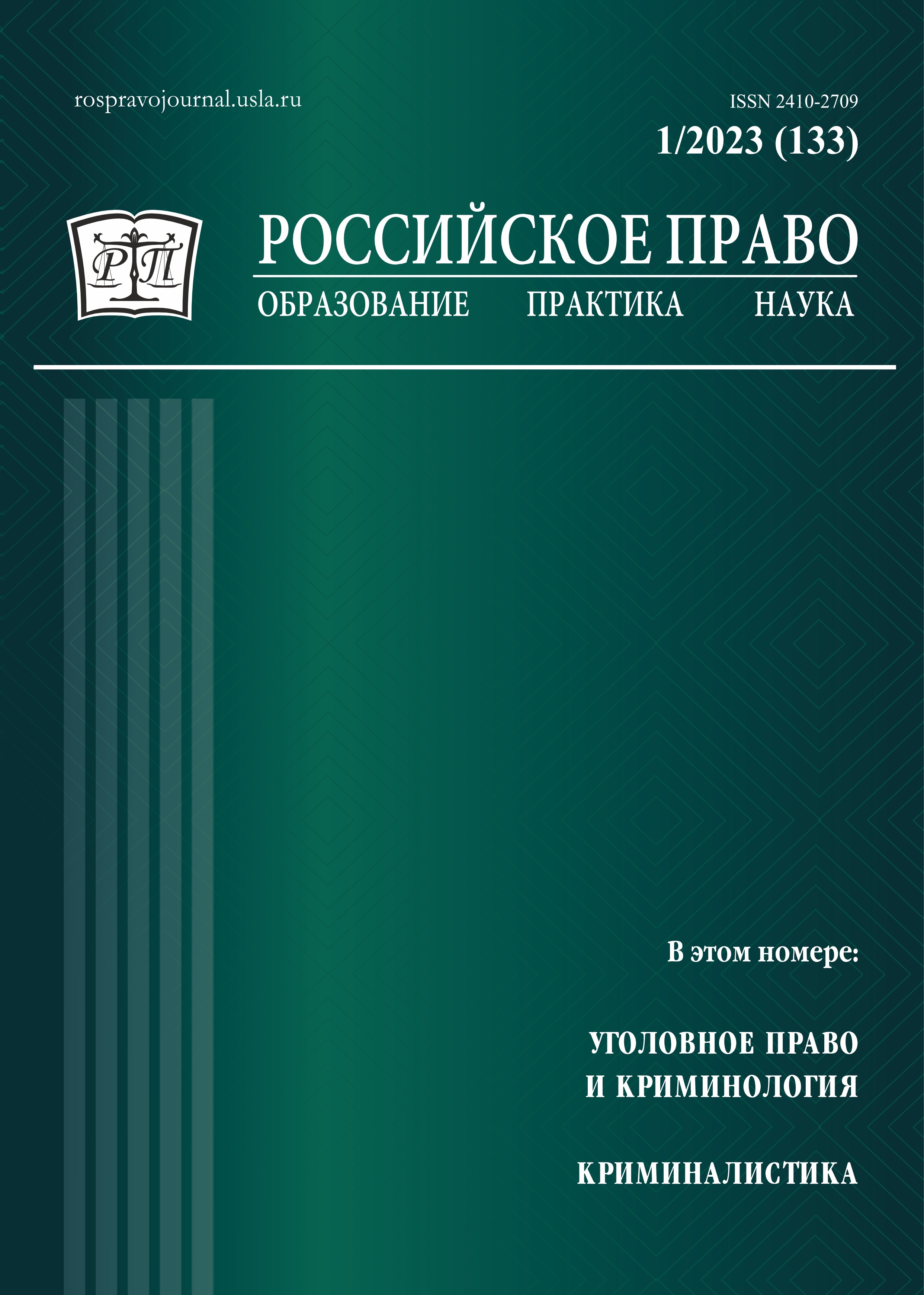Some Aspects of the Validity of Judicial Acts in a Bankruptcy Case
Keywords:
legal force of a judicial act, obligatory nature, prejudice, bankruptcyAbstract
The institution of the validity of a judicial decision originates in Roman law, where the basic provisions on general obligation, exclusivity and prejudice were formed. In the doctrine of civil procedure, the issue of the subjective limits of the validity of judicial acts adopted in the general legal procedure and in the framework of a bankruptcy case is not resolved definitively. As a general rule, a judicial act adopted in accordance with the requirements of the law does not give rise to rights and obligations for persons who did not participate in the case. Meanwhile, the current version of the Federal Law «On Insolvency (Bankruptcy)» obliges participants in the bankruptcy proceedings to take into account judicial acts adopted in a dispute between the debtor and individual creditors before initiating bankruptcy proceedings. The Supreme Arbitration Court of the Russian Federation has actually established another extraordinary procedure for appealing judicial acts of persons whose status is not identical to persons who are not involved in the case, whose rights and obligations are determined by the appealed judicial act. Higher judicial instances have expanded the limits of mandatory and prejudicial in a number of other categories of cases considered in a general legal manner. Some scholars are in favor for differentiating the content of the validity of a court
decision depending on the nature of the dispute and the conditions for issuance of the decision.
Downloads
Published
Issue
Section
License
Copyright (c) 2023 RUSSIAN LAW: EDUCATION, PRACTICE, RESEARCHES

This work is licensed under a Creative Commons Attribution-NonCommercial 4.0 International License.







 This work is licensed under a
This work is licensed under a 